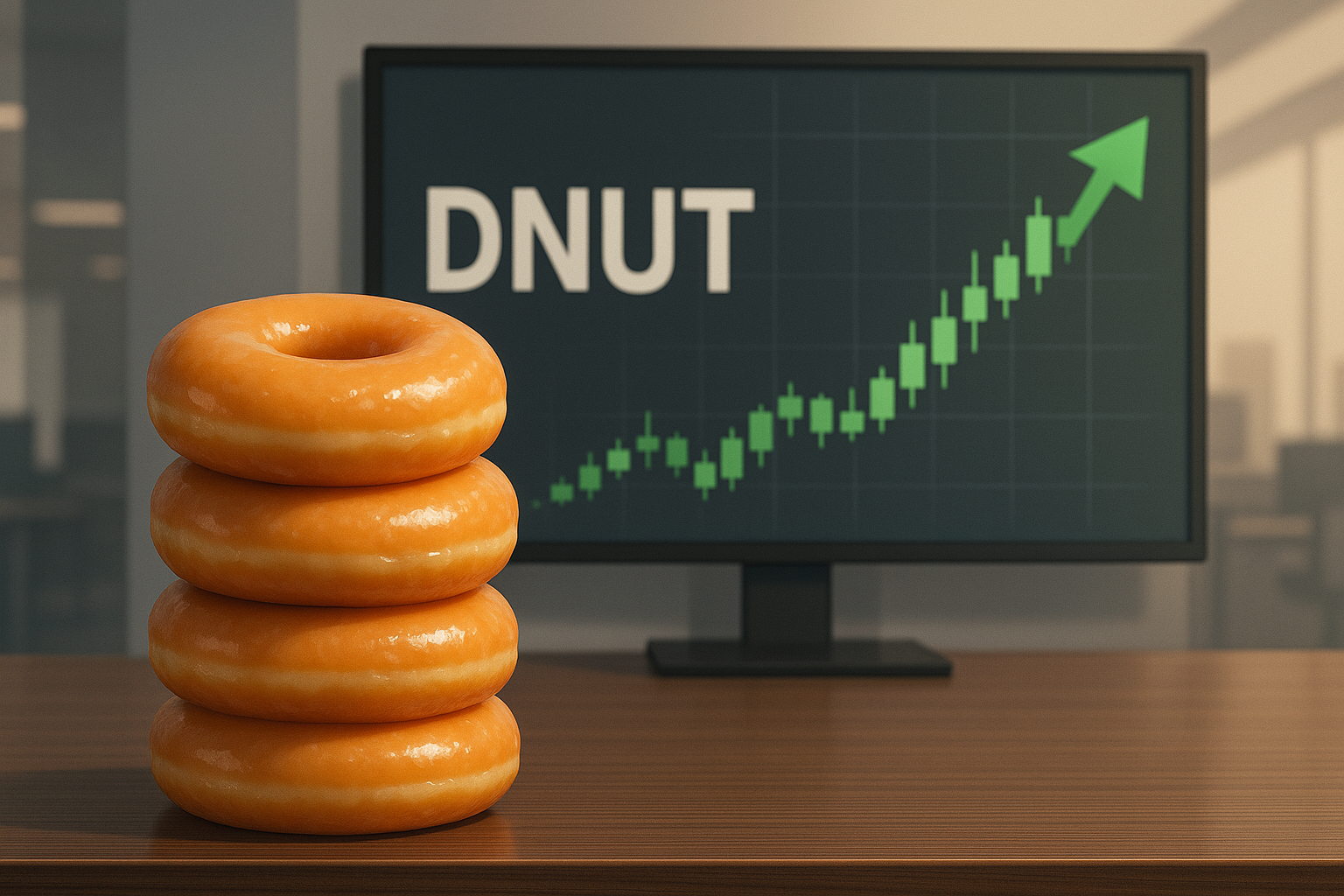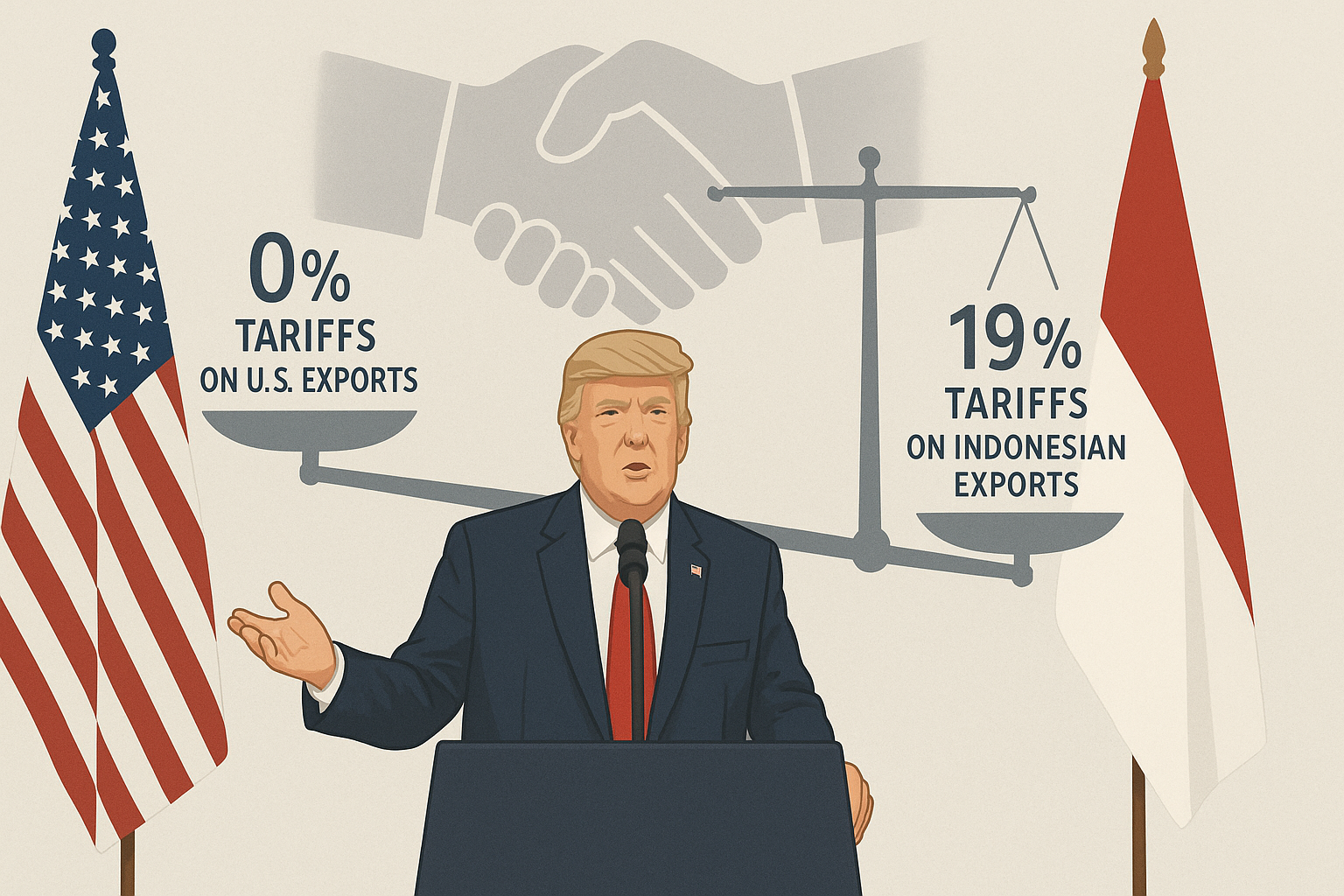When a stock climbs for ten straight trading days, most investors get that nervous feeling—like they're dancing too close to the edge. Time to cash out, right? But with Alphabet, conventional market wisdom has a habit of making fools of us all.
I've been watching the company formerly known as Google for years now, and what strikes me isn't just its recent tear but the methodical way it's planted its flag atop virtually every digital mountain worth climbing. It's either number one or somewhere on the medal stand in nearly every tech race it enters.
They're Everywhere (No, Really... Everywhere)
Here's the delicious irony—the Department of Justice's antitrust case against Alphabet might be the most compelling investment pitch I've ever seen. The DOJ's own findings read like a greatest hits album of digital dominance: search, mobile search, maps, browsers, mobile operating systems, video streaming, ad tech.
And that's just where they're crushing it completely.
They're also major players in cloud computing, artificial intelligence, quantum computing (which, let's be honest, most of us barely understand), mobile hardware, home devices, social media, and even those self-driving cars we were promised would be everywhere by now.
When your government prosecutor accidentally writes your investor prospectus... well, that's a unique situation.
What's remarkable isn't just how many pies Alphabet has its fingers in—it's how consistently they've either invented entirely new categories or stormed into established ones like they owned the place. Remember when quantum computing seemed like something from Star Trek? Then Google casually announced "quantum supremacy" as if they were just telling us about a new email feature.
The Matthew Effect on Digital Steroids
What we're seeing with Alphabet is basically the "rich get richer" principle applied to technology markets. The economics are fundamentally different here—once you've built the infrastructure and established the network effects, each new user costs almost nothing while making your service exponentially more valuable.
Look at it this way: Every search query makes Google's algorithm smarter. Every Android phone sold strengthens the developer ecosystem. Every YouTube video uploaded makes the platform more essential. These aren't just products; they're self-reinforcing systems that get more powerful with use.
I've covered tech markets since before the iPhone existed, and this dynamic—economists call it "increasing returns to scale"—isn't new. But nobody, and I mean nobody, has applied it across more domains than Alphabet. When you're competing with heavyweights like Apple, Microsoft, Amazon, and Meta, consistently landing in the top three of almost every category is... well, it's kind of ridiculous.
Venture Capital Disguised as a Public Company
The structure of Alphabet's business might be its most underappreciated aspect. Their core business (search and those ads you pretend not to see) generates cash like a government mint, which then funds what amounts to an internal venture capital operation that would make Sand Hill Road jealous.
Some of these moonshots crash and burn spectacularly. (Google+, anyone? Glass? How about that weird social network Orkut that was somehow huge in Brazil?)
But the winners... my God, the winners.
YouTube, purchased for what now seems like lunch money ($1.65 billion in 2006), generates over $30 billion annually. Android, acquired for roughly the price of a nice Manhattan apartment, became the operating system running most of the world's smartphones.
The peculiar genius of this approach is its asymmetry—failed projects have limited downside, while successful ones can become entire industries. It's like having a venture portfolio where you only need one or two home runs to justify dozens of strikeouts.
And in tech, being second-best in multiple categories often beats being the undisputed champion in just one. Alphabet has crafted a business remarkably resistant to disruption in any single area. If search somehow faltered tomorrow (it won't), they'd still have YouTube, Android, Cloud, Maps...
The Regulatory Shadow (That Might Have a Silver Lining)
Now, the elephant stomping around the room is regulation. The DOJ's antitrust case isn't theoretical—it represents a genuine threat to how Alphabet operates. But even here, there's more nuance than most coverage suggests.
Historically—and this surprises people—major antitrust actions have often created significant shareholder value over time. When Standard Oil was shattered into pieces in 1911, those fragments eventually became worth far more separately than together. Same story with AT&T's breakup in the '80s.
Would a forced separation of Search, YouTube, Android, and Cloud computing unleash hidden value? It's not far-fetched. Each business could potentially chart its own course without worrying about how it fits into Google's grand scheme.
That's not to cheer for regulation—it adds uncertainty nobody needs—but it's also not necessarily the apocalypse scenario often portrayed. There are scenarios where even significant regulatory intervention might benefit long-term shareholders.
(Though I'm sure Alphabet's executives aren't exactly rooting for that outcome.)
The Numbers Game
At roughly 27 times earnings, Alphabet isn't the bargain it was during market downturns, but neither is it particularly expensive given its growth trajectory and market position. The company is sitting on approximately $100 billion in net cash—a war chest that provides both strategic flexibility and a pretty solid safety net.
The real question isn't whether Alphabet is expensive today, but whether its competitive advantages will endure long enough to justify continued growth. And honestly, the evidence is compelling. Despite fierce competition and regulatory microscopes examining their every move, they continue expanding while maintaining margins that would make most businesses weep with envy.
So should you sell after ten straight up days? Maybe if you're a day trader watching the ticker like it's the final minutes of a tied Super Bowl.
But for investors with horizons beyond next Tuesday? Alphabet's position looks more formidable than precarious. In technology, scale and network effects aren't just advantages—they're often insurmountable moats separating the titans from everyone else.
And judging by that scorecard, Alphabet isn't just passing the test—it's grading the curve for everyone else.




